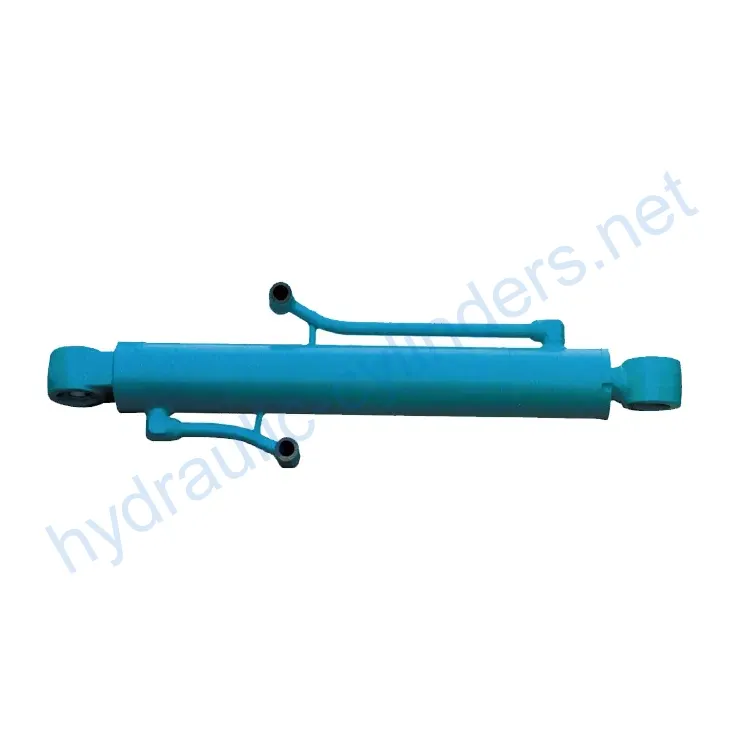Boom Cylinder For Yugong WY135-8
Boom Cylinder For Yugong WY135-8
Product Overview
The Boom Cylinder for Yugong WY135-8 is a specialized hydraulic cylinder designed to control the movement of the boom arm in various heavy machinery such as excavators, backhoe loaders, and front loaders. These cylinders enable the precise lifting, lowering, and tilting of equipment, thus facilitating efficient material handling tasks. As a crucial component of hydraulic systems, the boom cylinder operates by converting hydraulic energy into mechanical energy, allowing for powerful and controlled movements.
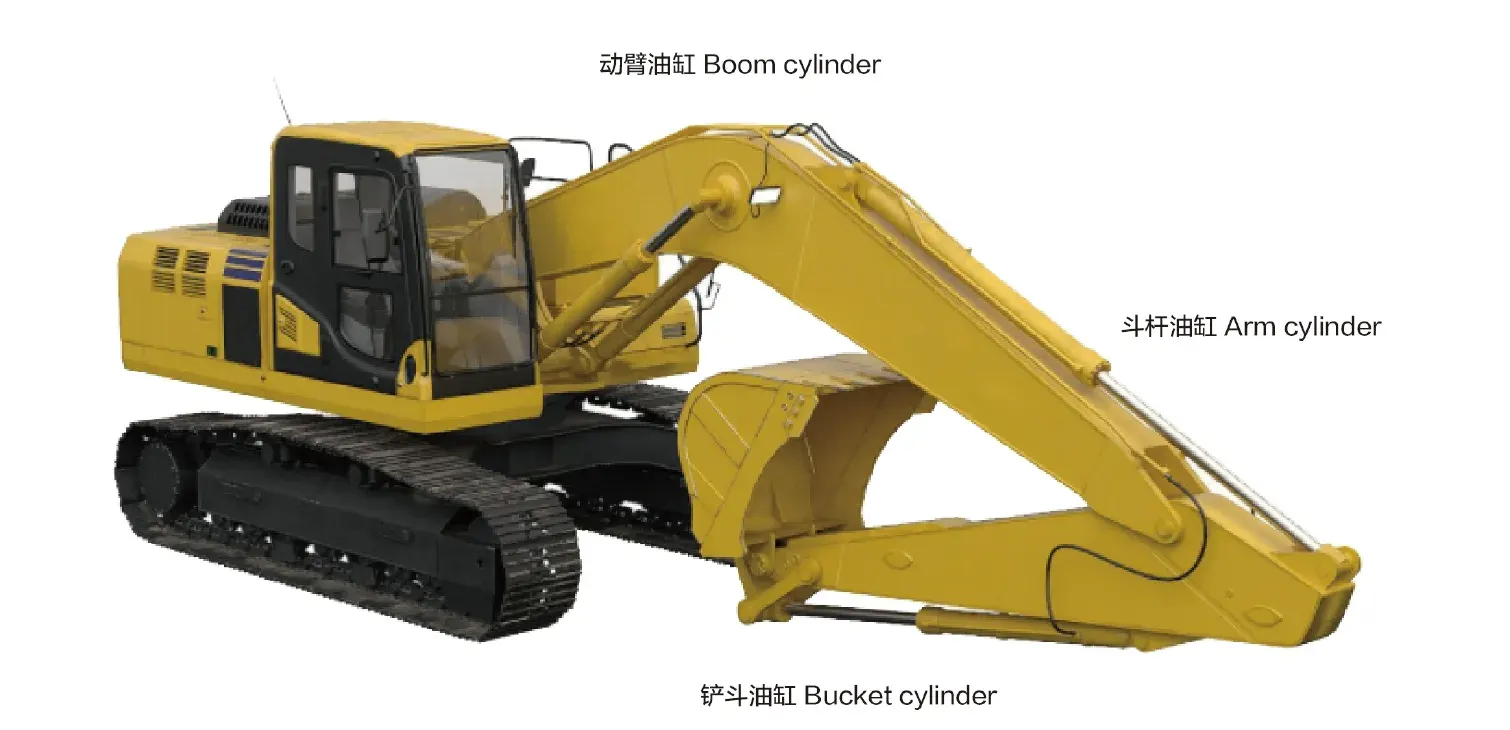
Key Features
-
High Strength and Durability
Constructed from high-strength steel or aluminum, the boom cylinder is designed to withstand high pressure and heavy loads, making it suitable for tough working environments. Its design incorporates wear resistance and corrosion protection to extend the product’s lifespan.
-
Efficient Hydraulic Operation
The cylinder utilizes hydraulic oil pressure to achieve smooth extension and retraction, responding quickly to operator commands and providing robust push and pull force. This efficiency is essential for handling heavy materials and complex operational tasks.
-
Diverse Configurations
Available in both single-acting (operating in one direction) and double-acting (operating in two directions) designs, the boom cylinder can meet various operational requirements. Some models feature telescopic designs, allowing for greater extension without increasing external dimensions, ideal for applications with space constraints.
-
Customizable Production
We have the capability to manufacture this product, and our cylinders can seamlessly replace existing hydraulic cylinders in the market.
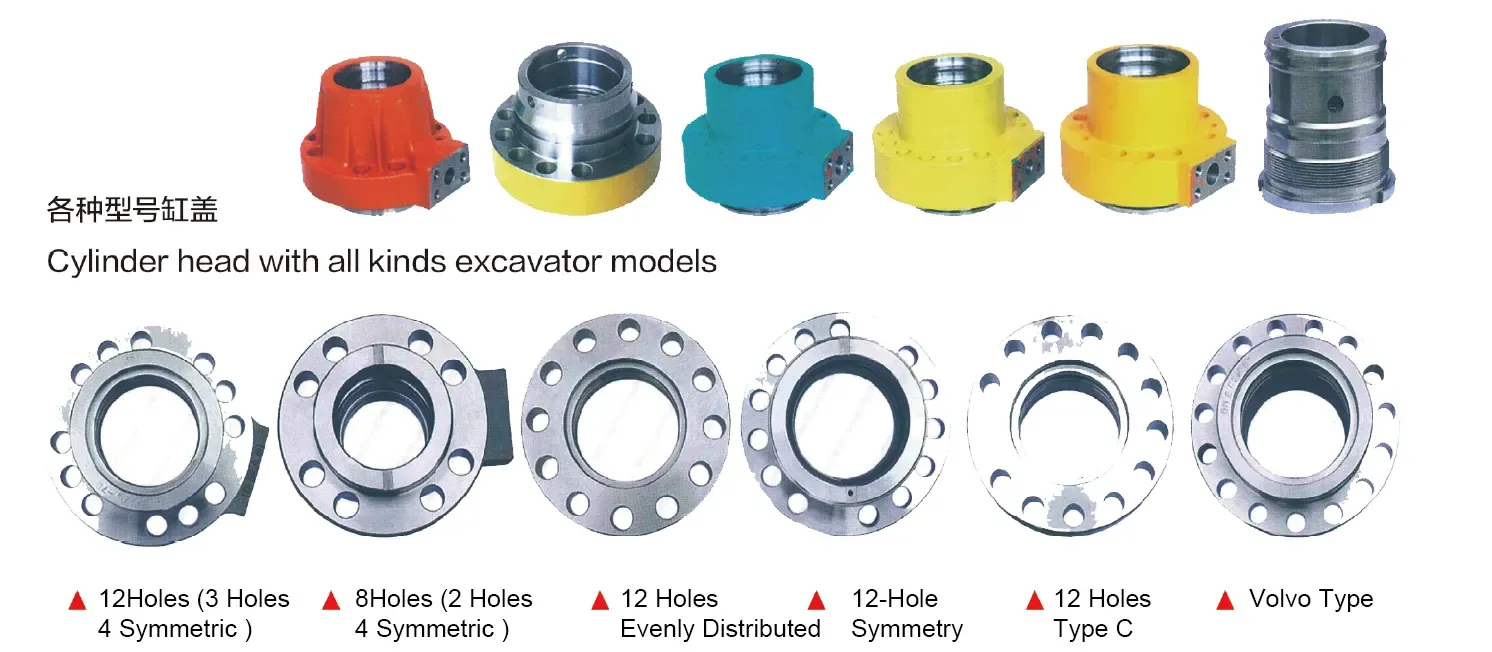
Applications
-
Construction Equipment
In excavators, boom cylinders are vital for digging, loading, and moving earth or debris. They not only assist in excavation but also aid in lifting materials, significantly increasing the machine’s productivity. Their reliable performance is crucial for the construction industry’s day-to-day operations.
-
Agricultural Machinery
Used in front-end loaders, these cylinders are responsible for scooping, lifting, and transporting soil, hay, and other materials. Their design allows for efficient operation in various agricultural tasks, ensuring that farmers can handle materials effectively and enhance their productivity.
-
Excavators
The boom cylinder enables the bucket to penetrate the ground during digging actions, allowing operators to excavate efficiently. The precise control of the boom’s movement ensures that excavators can dig deeper and more accurately, making them essential in construction and landscaping projects.
-
Loaders
In front loaders, boom cylinders help elevate and dump loads effectively. Their responsive action and strength ensure that loaders can handle various materials, from dirt to aggregates, with ease, contributing to the overall efficiency of the loading process.
Design Considerations and Selection Criteria
-
Load Capacity
When selecting a boom cylinder, it is crucial to consider the load capacity. The cylinder must be capable of handling the maximum expected load without compromising safety or performance. This involves assessing the weight of the materials being moved and the specific requirements of the machinery.
-
Sealing Performance
Effective sealing is essential for maintaining hydraulic pressure and preventing leaks. High-quality seals made from durable materials are vital for ensuring the longevity and reliability of the cylinder. Proper sealing reduces maintenance needs and enhances operational efficiency.
-
Durability
Durability is a significant factor in hydraulic cylinder design. The cylinder must withstand harsh working conditions, including exposure to dirt, debris, and extreme temperatures. Choosing materials and finishes that provide corrosion resistance and wear protection is essential for extended service life.
-
Safety Features
Safety should always be a priority in hydraulic cylinder design. Incorporating safety features, such as pressure relief valves and protective enclosures, ensures that the system can handle unforeseen circumstances without risk to operators or equipment.
-
Maintenance Accessibility
The design should also consider ease of maintenance. It should allow for straightforward inspection, lubrication, and replacement of parts. Accessibility is key to ensuring that regular maintenance can be performed efficiently, thus prolonging the life of the cylinder.
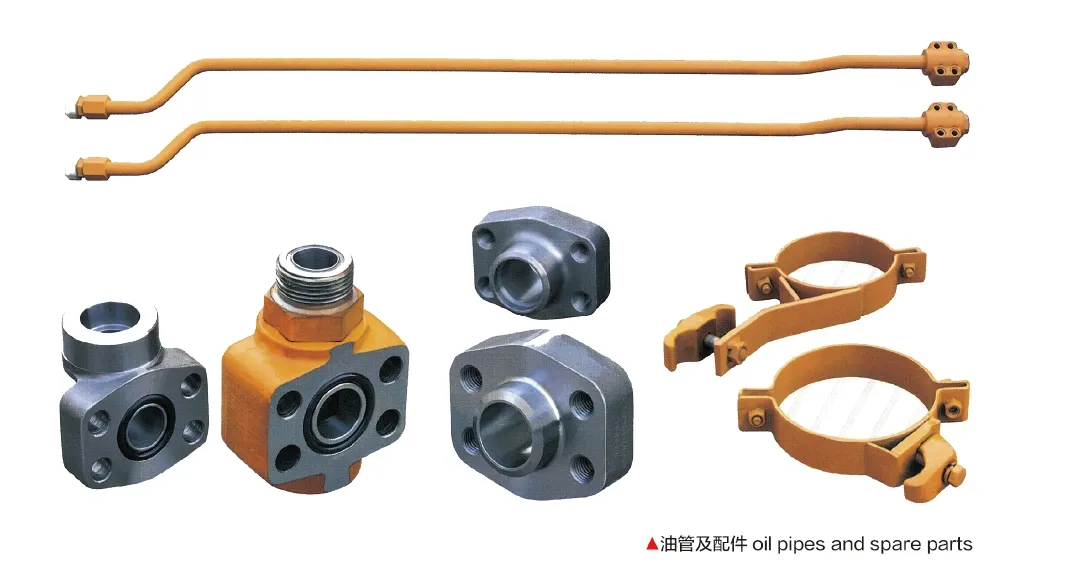
Sealing and Lubrication
Proper sealing and lubrication are critical to the effective functioning of hydraulic cylinders. Various sealing components, such as piston seals and rod seals, are employed to maintain pressure within the system. Seals made from wear-resistant materials like polyurethane and nitrile rubber are commonly used to enhance durability.
The cylinder body and threaded ends are carefully finished to improve wear resistance, ensuring that the seals maintain their integrity over time. Regular lubrication with hydraulic oil is necessary to reduce friction and prevent wear between moving parts. Following a strict lubrication schedule helps in maintaining operational efficiency and extending the cylinder’s lifespan.
Regular Inspection and Preventive Maintenance
-
定期检查
Conducting routine inspections is vital for identifying potential issues before they escalate. Operators should visually check for leaks, wear, and damage on the cylinder and its components to ensure optimal performance.
-
Proper Lubrication
Ensuring that the hydraulic cylinder is adequately lubricated is essential for smooth operation. Operators should follow the manufacturer’s guidelines for lubrication intervals and use the recommended hydraulic oil to prevent wear and tear.
-
Seal Replacement
Seals should be replaced at regular intervals to maintain hydraulic integrity. Operators must be vigilant in monitoring seal performance and addressing any signs of wear or leaks promptly to prevent system failure.
Installation Guidelines
Installing the boom cylinder correctly is crucial for optimal performance. Here are some essential steps to follow:
- Ensure that the mounting surfaces are clean and free from debris.
- Align the cylinder properly to avoid misalignment that could lead to premature wear.
- Use appropriate mounting brackets to secure the cylinder, ensuring that it is stable and accurately positioned.
- After installation, check for proper movement of the cylinder and make any necessary adjustments.
- Follow the manufacturer’s guidelines for torque specifications when tightening bolts and fittings.
Common Maintenance Tasks
-
Regular Checks
Performing regular checks on the hydraulic system, including the boom cylinder, is crucial to identify any issues early. Operators should assess the overall condition of the cylinder and surrounding components to ensure everything is functioning correctly.
-
Appropriate Lubrication
Lubrication is vital for reducing friction and wear in hydraulic systems. Operators must adhere to lubrication schedules and use suitable hydraulic oils to ensure the longevity and efficiency of the boom cylinder.
-
Seal Replacement and Calibration Checks
Regularly replacing seals and checking the calibration of the cylinder are essential maintenance tasks. Operators should monitor seal performance and replace them as needed to prevent leaks and maintain pressure. Calibration checks ensure that the cylinder operates within specified parameters.
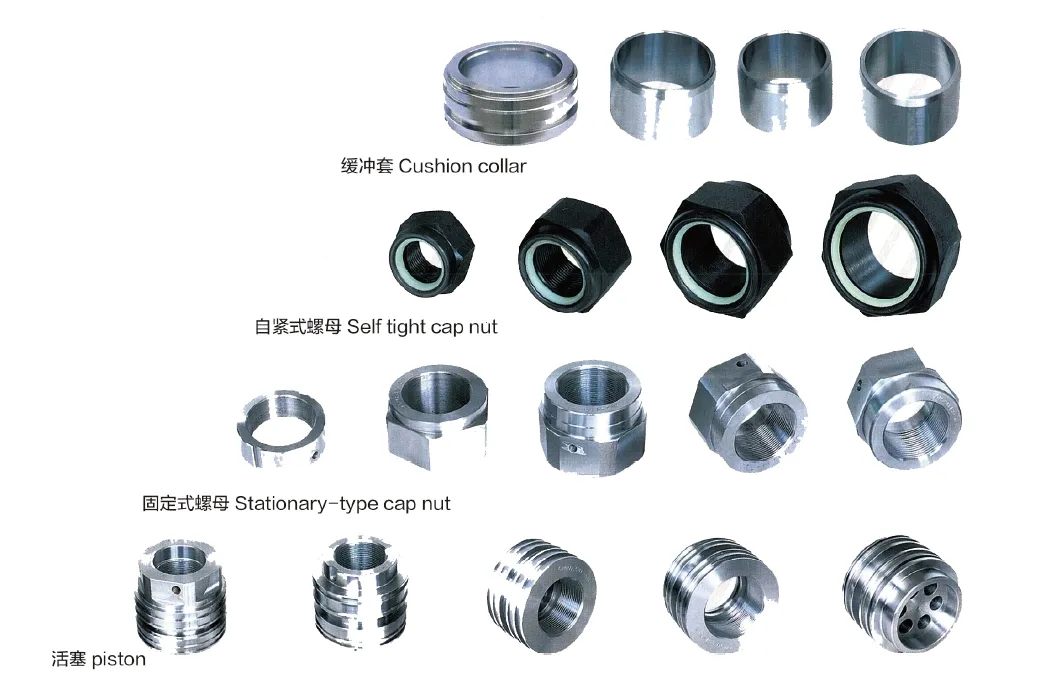
Safety and Environmental Considerations
When using hydraulic cylinders, it is essential to implement safety measures to protect operators and the environment. Proper training on operating procedures and safety protocols minimizes the risk of accidents. In addition, using environmentally friendly hydraulic oils and ensuring proper disposal methods for waste materials helps to reduce the environmental impact of hydraulic operations.
Troubleshooting and Common Issues
-
Leakage
One common issue with hydraulic cylinders is leakage. This can occur due to worn seals or damaged components. Operators should inspect seals regularly and replace them at the first sign of wear to prevent further damage.
-
Slow Movement
If the cylinder operates slowly, it may indicate low hydraulic fluid levels or blockages in the system. Checking fluid levels and ensuring there are no obstructions in the hydraulic lines can help resolve this issue.
-
Unusual Noises
Unusual noises during operation can be indicative of internal wear or a lack of lubrication. Operators should investigate any strange sounds and perform maintenance as necessary to prevent major failures.
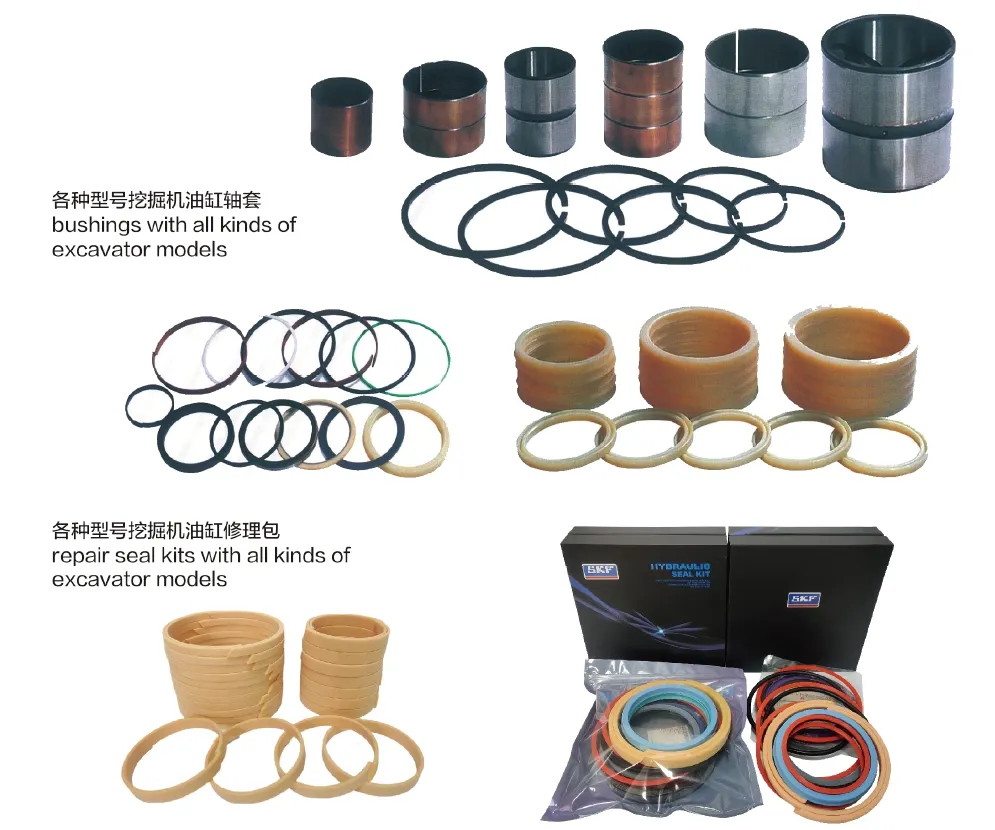
Conclusion
Our company specializes in producing high-quality hydraulic cylinders, including the Boom Cylinder for Yugong WY135-8. We are committed to delivering a diverse range of hydraulic solutions, making us a leading manufacturer and wholesale distributor in both domestic and international markets. Our focus on excellence, combined with advanced manufacturing strategies, ensures that we meet the diverse needs of our customers with high efficiency, precision, and quality.
With professional expertise, international certifications, customized services, advanced production equipment, and reliable after-sales support, we are dedicated to providing top-notch products and services to our clients.
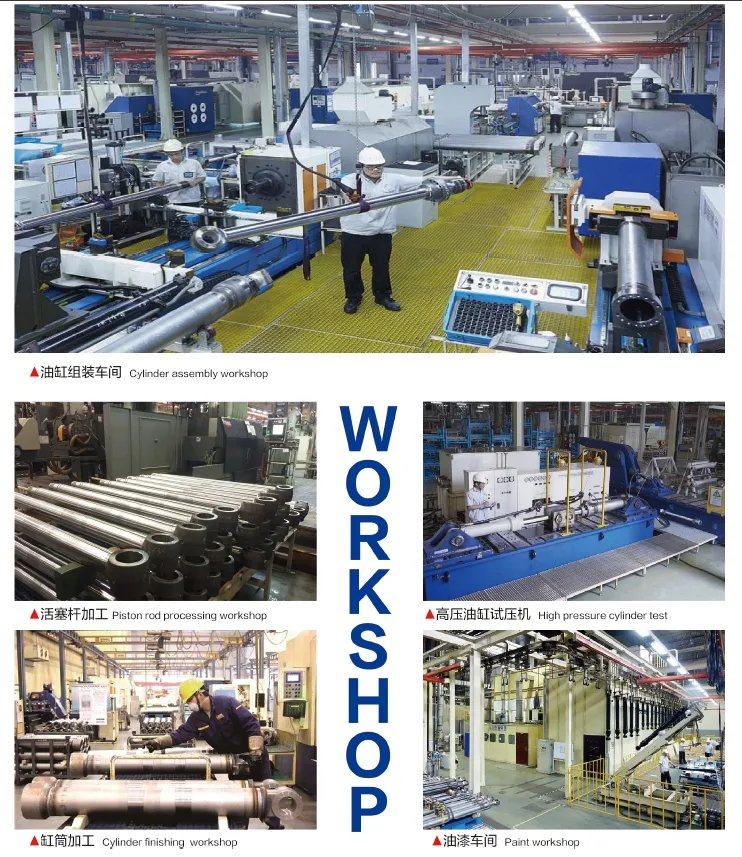
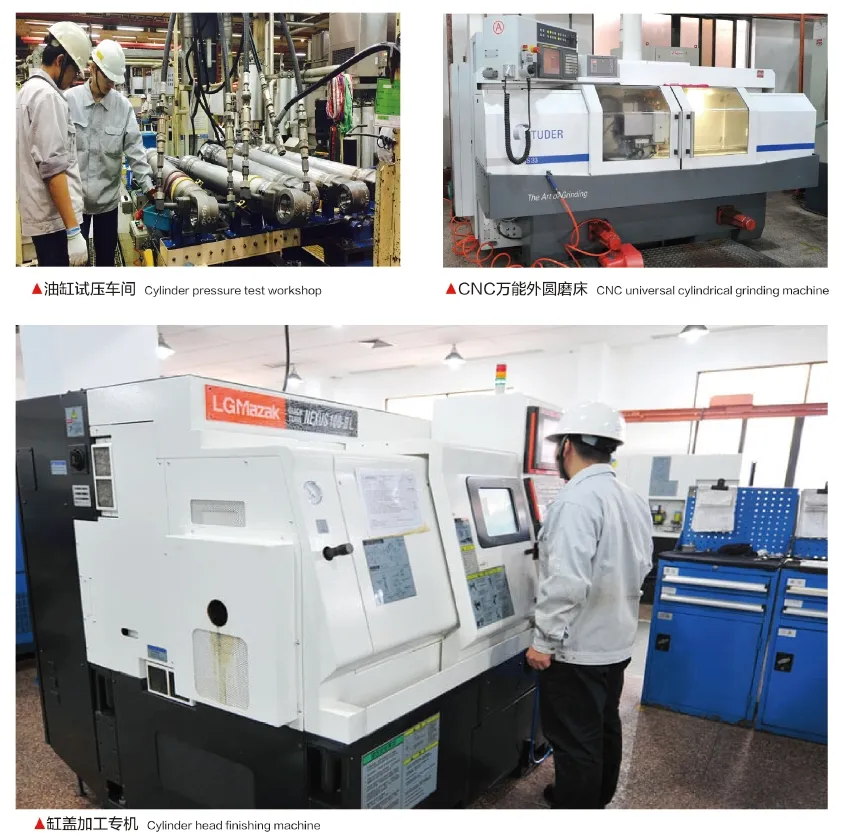
Author: lyl
参观我们的 VR 工厂
通过以下方式参观我们的 VR 工厂
液压缸应用:


